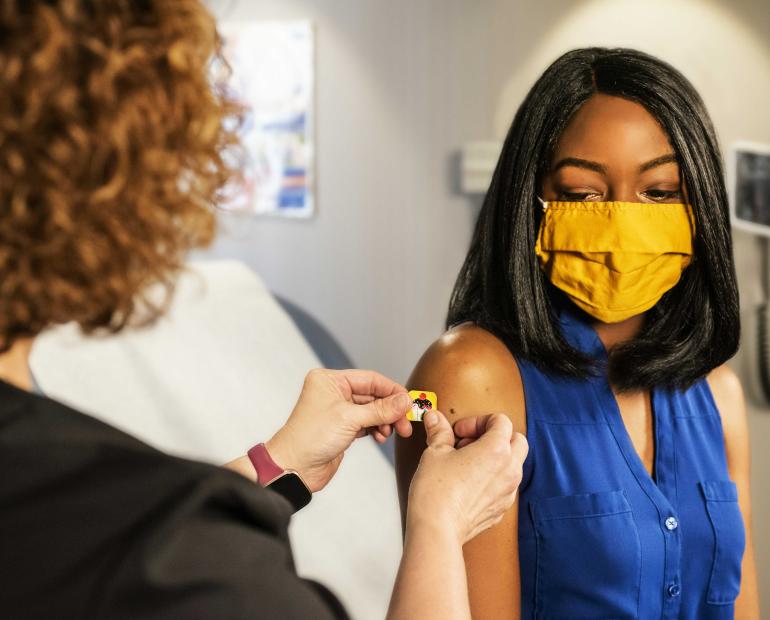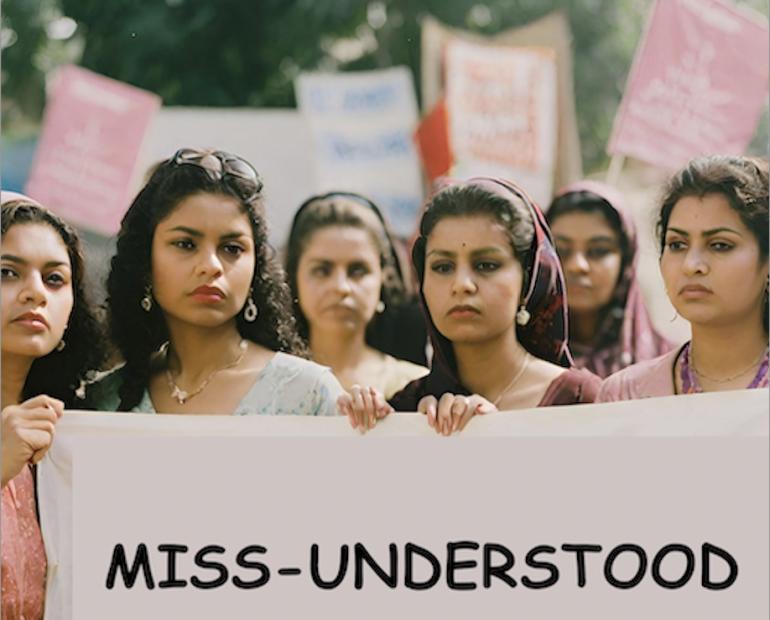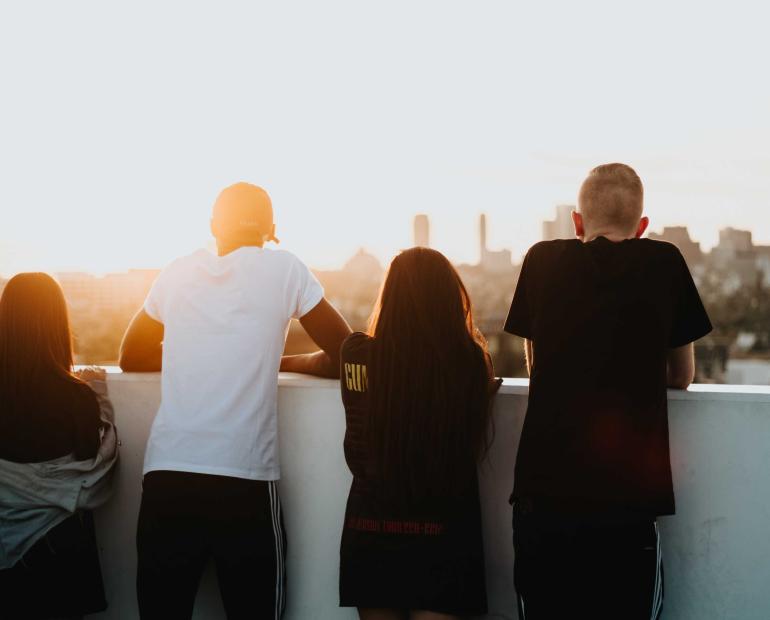
Young people can bring a unique perspective, energy, and enthusiasm to partnerships for the Sustainable Development Goals. Our ability to think creatively and outside the box, as well as our proficiency in using technology and social media, can contribute to new and innovative solutions to achieve the SDGs. Young people can also participate in project design and implementation, monitoring and evaluation committees, and advocacy and awareness-raising campaigns.
However, despite their many strengths, they are often excluded from decision-making and implementation processes related to the SDGs. There are several barriers and challenges that limit youth involvement, such as limited access to information, representation in decision-making, funding, mentorship, networks, skills, and opportunities.
I shared this message at the ECOSOC Partnership Forum, because youth engagement is crucial for the success of partnerships aimed at achieving the Sustainable Development Goals. Ms. Christa Schweng, President of the European Economic and Social Committee (EESC) Ms. Sophie Howe, Future Generations Commissioner for Wales Ms. Inés Yábar, Lead Fellow, Next Generation Fellows Mr. Satesh Bidaisee, Professor, St. George’s University, Grenada and Mr. Kimbowa Richard, Programme Manager, Uganda Coalition for Sustainable Development are among the panelists who debated the contribution of young people in their communities and to the international community. Inés and I were the only young people in this discussion. Young people bring a unique perspective and skillset that is essential for creating innovative, effective, and sustainable solutions to the world's most pressing problems.
One of the key reasons why youth engagement is so important is that young people are often the ones who are most directly impacted by the problems the SDGs are designed to address. They have a deep understanding of the issues and are best equipped to come up with creative solutions to them. Furthermore, young people are often more willing to take risks and try new approaches, which can lead to breakthroughs that are difficult to achieve through more conventional methods.
I would like to offer an example from my personal experience. I founded the Changemakers Foundation, which brings together young people to exchange ideas and access local and international opportunities. In my conversations with team members, I prioritize creating a supportive community where young people can confidently advocate for themselves, regardless of their gender, race, ethnicity, or other potential barriers. Thanks to our collaborative efforts, many of the young people involved in the foundation have become leaders in their own communities, encouraging others to break down barriers and pursue equality. As a result of their participation in the foundation, a significant number of members have secured fellowships, attended forums, and participated in sustainability conferences.
But young people face significant barriers when it comes to participating in partnerships for the SDGs. They may lack access to resources, such as funding or technology, or face cultural or institutional obstacles that prevent them from having a voice in decision-making processes. These barriers can limit their ability to fully contribute to partnerships for the SDGs and prevent them from realizing their full potential as agents of change. In the middle of 2022, my fellow young people had the opportunity to attend STEM camps in a different region of my country. Unfortunately, I faced the challenge of not having enough financial resources to organize my own participation. As a result, I was unable to participate in this valuable sustainability training program.
To unleash the potential of young people’s contributions towards the SDGs, it is important to involve youth in decision-making, provide access to information and resources, increase funding, provide mentorship and guidance, build networks, invest in skills development, and create opportunities for youth participation. To avoid tokenism, it is important to ensure that the partnership is youth-led and youth-centered with the youth as the main actors, not just beneficiaries. By addressing these barriers, a supportive environment can be created for young people to fully participate and contribute to partnerships for the SDGs.
By sharing this message, I want to raise awareness about the importance of overcoming these barriers and to encourage others to support youth engagement in partnerships for the SDGs. By providing young people with the resources and support they need to succeed, we can help ensure that the solutions developed to address the world's most pressing problems are innovative, effective, and sustainable.
In conclusion, it is essential that young people are given a voice in partnerships for the SDGs. By raising awareness about the unique perspective and skills that young people bring to these partnerships and the importance of overcoming the barriers and challenges that must be overcome to unleash their potential, we can help ensure that young people play a critical role in achieving the SDGs.





